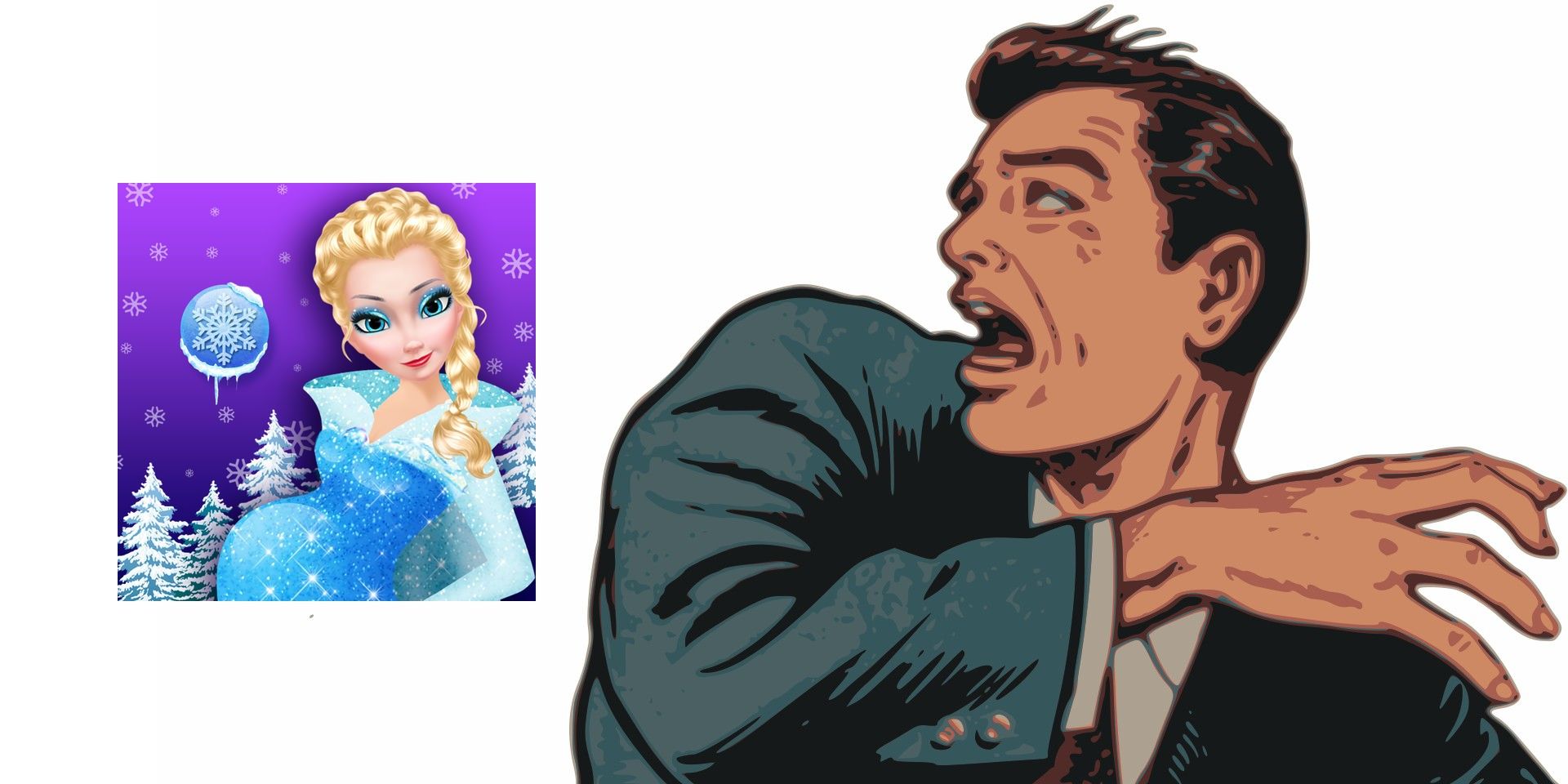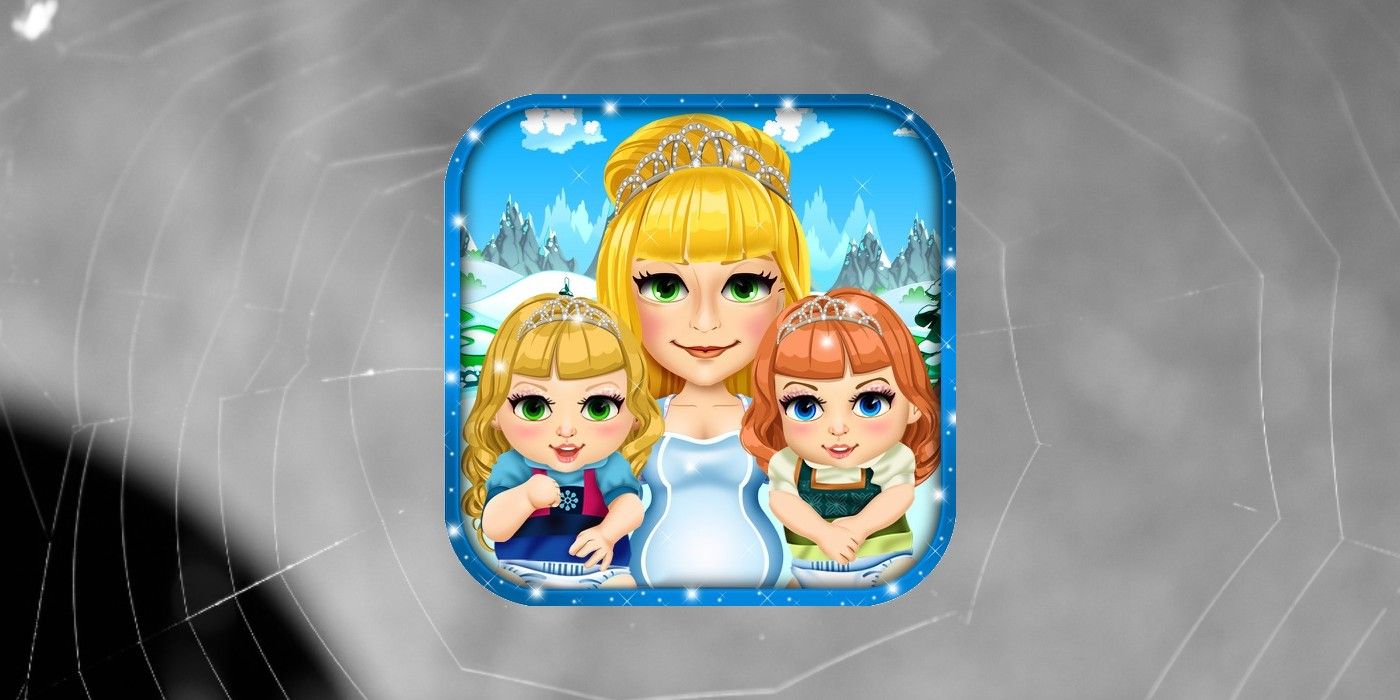
Apple has begun removal of the innumerable amount of unofficial games based on popular cartoon characters from their app store. As of this time, Apple has not released an official statement as to why they’re suddenly removing all of these programs. In the Apple developer guidelines, Apple states that “apps should not include content that is offensive, insensitive, upsetting, intended to disgust, in exceptionally poor taste, or just plain creepy,” as of its latest update. It’s possible that Apple removed the apps per the guidelines, with a lot of the apps having players performing surgery on colorful Disney cartoon characters. Though the infamous applications have existed for years, it’s possible that a simple copyright claim caused the takedowns.
Related: Is Apple Arcade Worth $50 A Year?
Either way, it’s doubtful that abominations like Mommy Queen’s Newborn Ice Baby will be missed. But the informal tone that Apple’s App Store takes with its developer guidelines lends itself to question. The same guidelines that allowed the games onto the site are the ones removing them. Perhaps Apple needs clearer guidelines to ensure something like this doesn’t happen again.
The Apple App Store’s game section doesn’t have ratings like movies or even video games on dedicated consoles do. Rating boards like the Entertainment Software Rating Board (ESRB) and the Motion Picture Association of America (MPAA) have teams go through products before putting them up for physical distribution. Yet some platforms like Valve’s Steam and the aforementioned Apple App Store don’t have these. Instead, they have tags that link similar products together, so people searching for Disney games based off of Frozen could still very easily find Super Hero Princess Dress-up The Frozen Power Game and other similar knock-offs.

Tags can hint at the content of an app, but Apple can do more. For example, they already require developers to mark their apps for in-app purchases. Asking for developers to mark apps for things like grotesque content could easily categorize things without the need for an external party to moderate every product (a task that could be nearly impossible given the sheer number of apps added each month).
While parents should ensure their children aren’t exposed to disturbing imagery, people should be able to know about the nature of the content. Some people might want to painstakingly pop pimples on the face of a knock off My Little Pony character. Most won’t, but that information should still be easily available. With the current system, a parent could test an app for two hours and deem it fine, only for it to turn into a veritable horror show on hour three. Removal of these applications is a good first step, but it also restricts what developers can do. That's why a more in-depth tagging system could benefit both producer and consumer.
Source: Input
from ScreenRant - Feed https://ift.tt/2Q6R77Z





No comments: